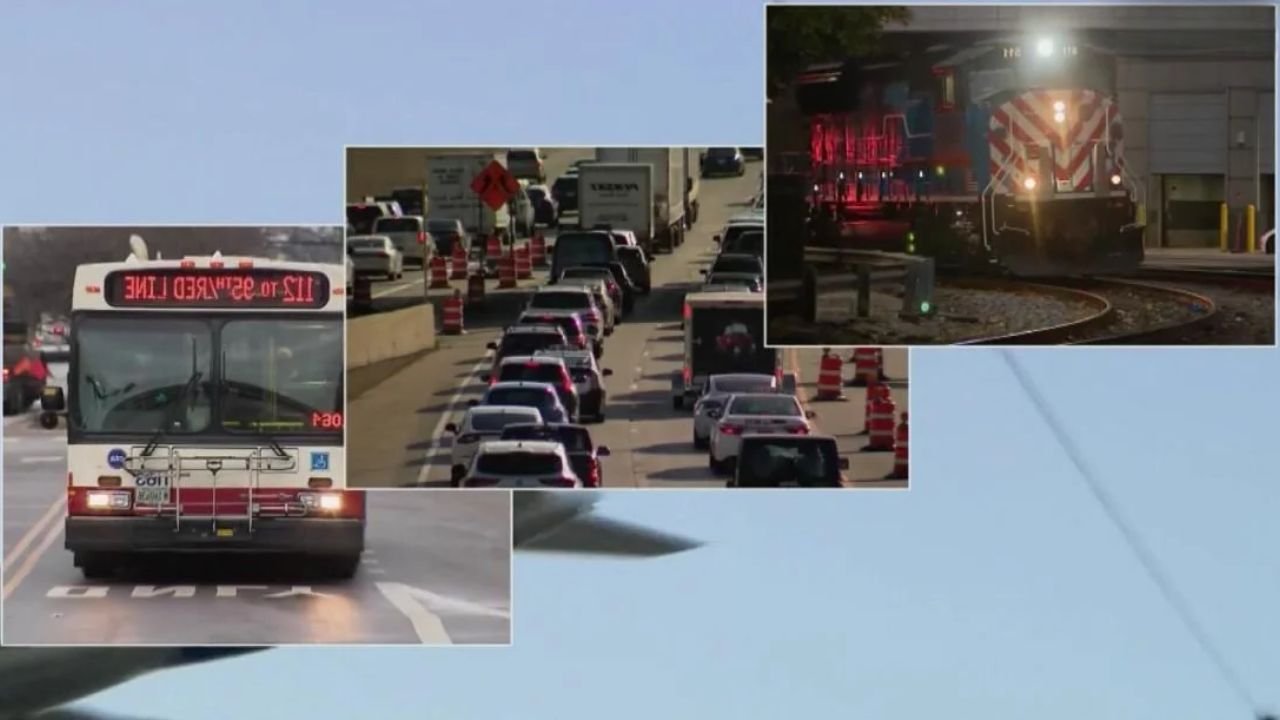CHICAGO — Transportation experts, public officials, and industry innovators gathered in downtown Chicago this week for the Sustainability Research and Innovation Congress, focusing on how to reduce the environmental impact of commuting and freight across the city and beyond.
The event underscored a sobering fact: transportation is responsible for 32% of greenhouse gas emissions in Chicago, compared to 29% nationwide. The state’s air pollution levels are already worse than the national average, and experts said urgent action is needed.
“Chicago really has the ability to be sort of an epicenter for climate leadership,” said Erik G. Birkerts, Chief Growth Officer at sustainable fuel company LanzaJet.
Transportation and Climate Goals
Imad Al-Qadi, Director of the Illinois Center for Transportation, explained that decarbonizing transportation is one of the biggest hurdles in reaching Illinois’ goal of 100% clean energy by 2050, part of the state’s Climate and Equitable Jobs Act.
“We are at a point where we can make a big change,” Al-Qadi said. “We have a very aggressive program to reduce the energy that is generated from coal.”
How Chicago Transit Is Responding
Local transit agencies laid out new and ongoing plans aimed at cleaner commuting:
-
CTA confirmed it is adding 20 to 30 electric buses in the next few years, expanding on the success of its two 2014 electric bus deployments.
-
Metra was recently awarded over $23 million to purchase three battery-electric switch locomotives, replacing older diesel engines. The project also includes a $5.8 million local match and will go out to bid later this year.
-
Pace broke ground on its first all-electric bus facility in Waukegan, part of its Project Zero initiative.
Each agency reiterated that while public transit already reduces emissions compared to personal vehicles, further electrification and innovation are critical to long-term impact.
The Bigger Picture
With transit-related emissions identified as a leading contributor to Chicago’s pollution levels, the urgency behind these moves is clear.
“Transportation is one of these sectors that is known to be as hard to decarbonize,” Birkerts added.
But leaders at the conference expressed optimism that Illinois, and Chicago in particular, can be a national model for sustainable transit transformation.
What do you think is the most important change Chicago should make to fight transportation pollution? Let us know at ChicagoSuburbanFamily.com.












